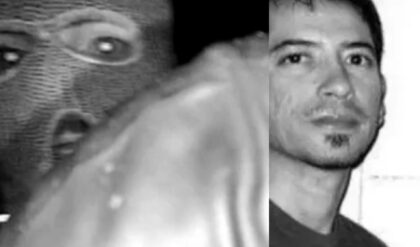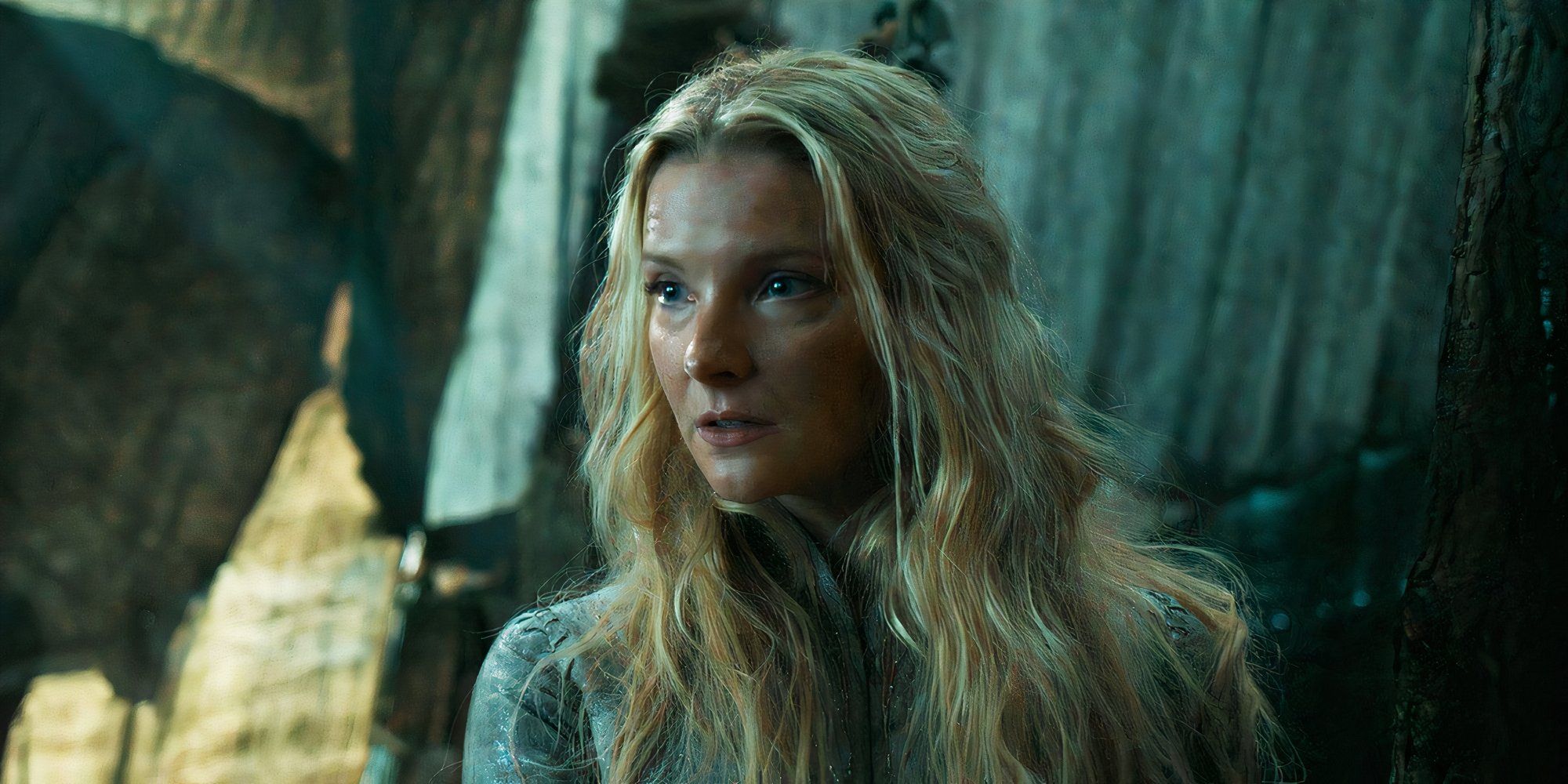
The world is full of fantasy that springs from The Lord of the Rings. Dungeons & Dragons copied many of its fantasy creatures from Tolkien, as did countless other books, movies, and TV shows. Amazon’s Rings of Power only had to tweak its title, character names, place names, and a few superficial details to be just like any other average, comforting fantasy. Then, it could have escaped its main critique: its divergence from Tolkien’s canon. And unattached to source material, the show that this talented crew made would have been much better than average.
The Rings Of Power, Viewed In Isolation, Is A Great Fantasy Show
Rings Of Power’s Screenwriters Have Great Potential
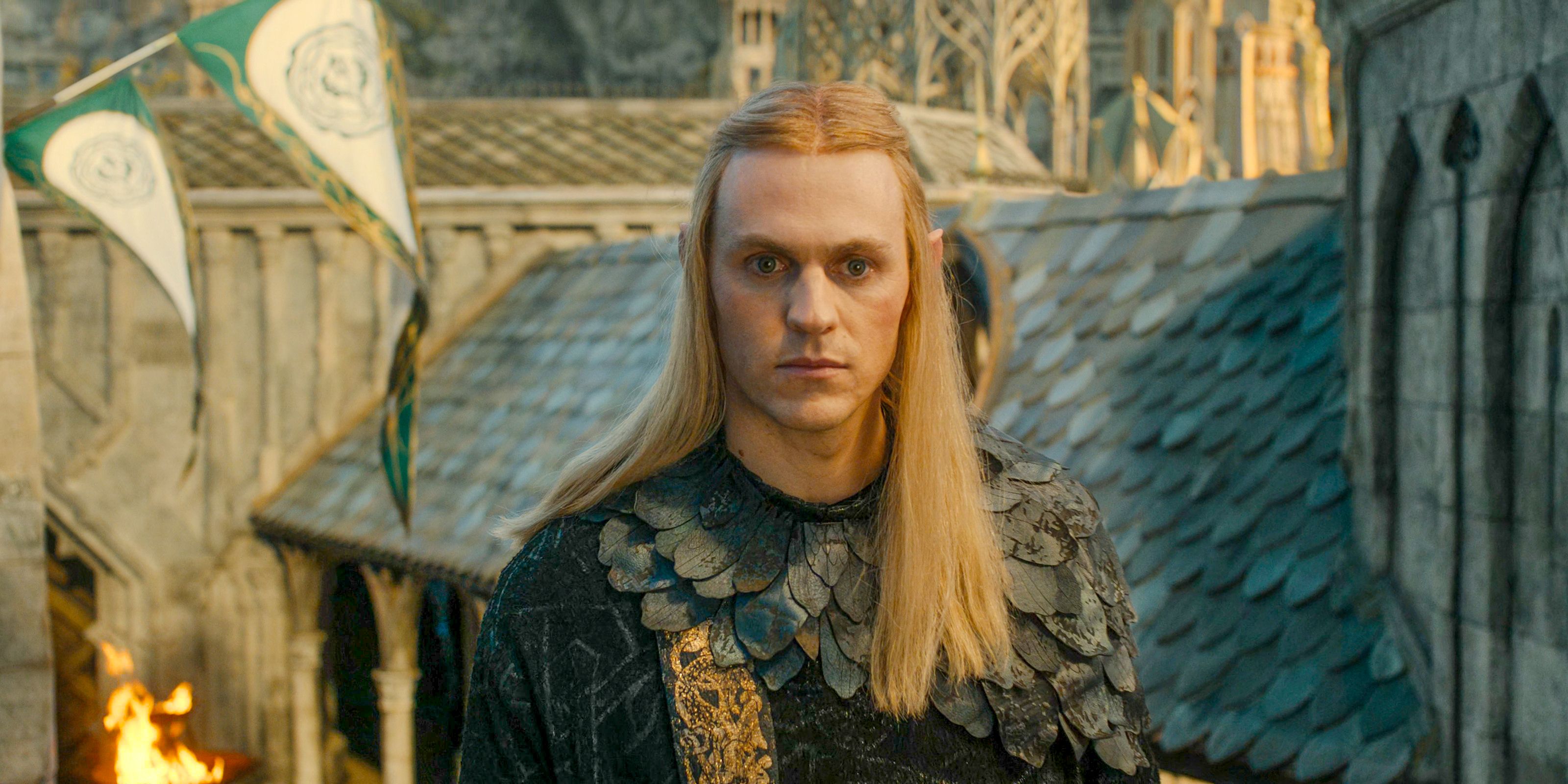
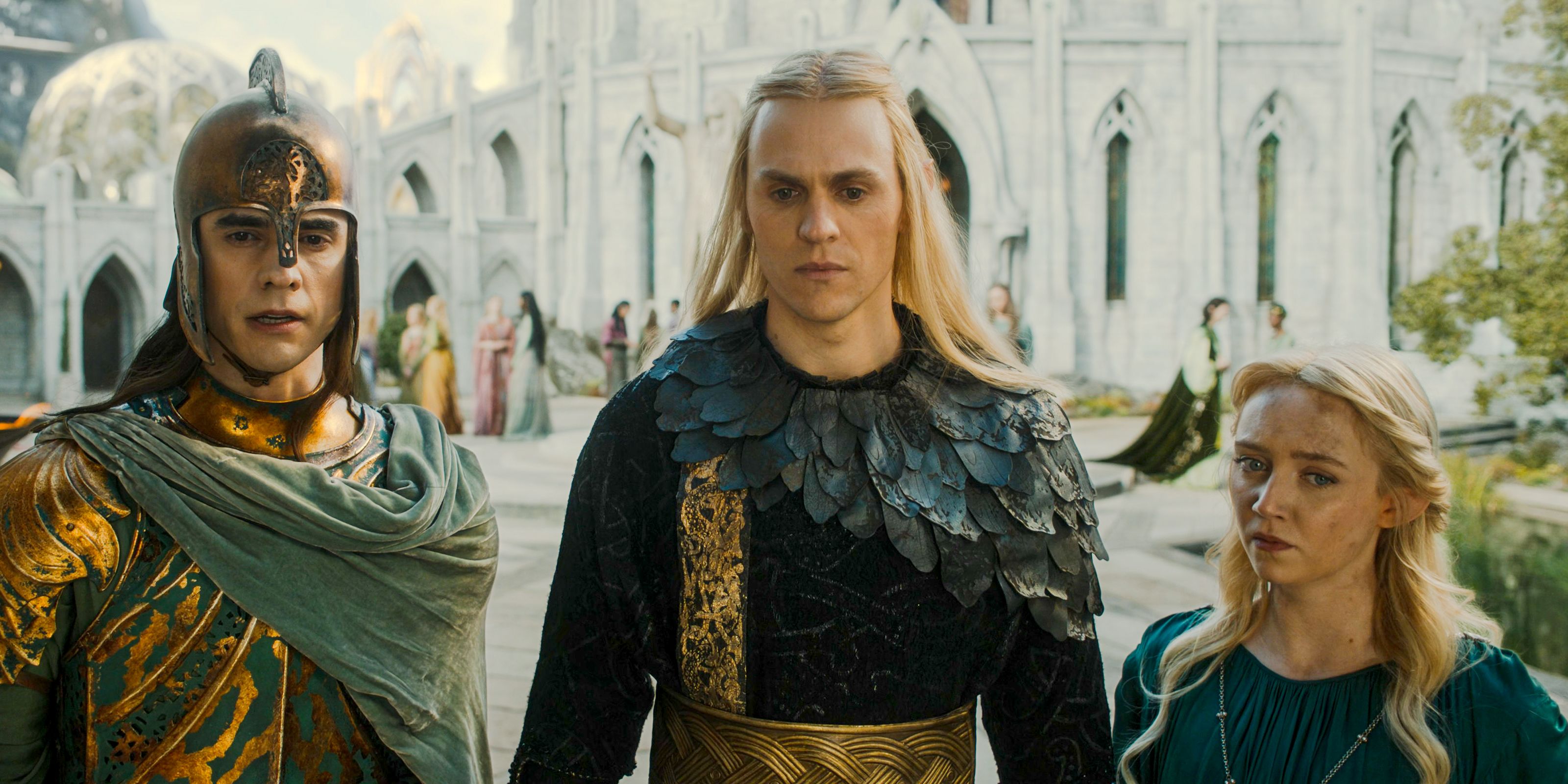
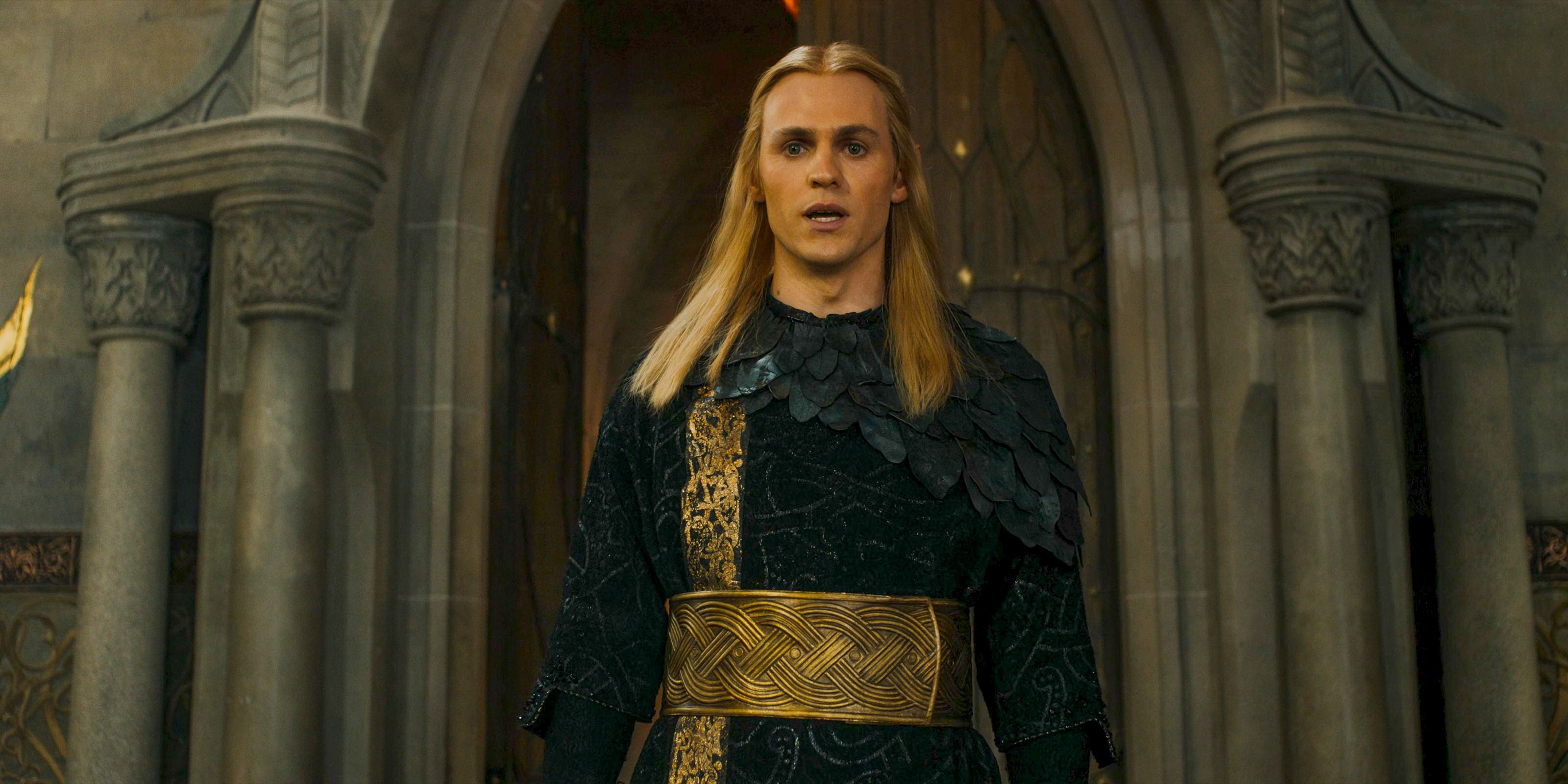
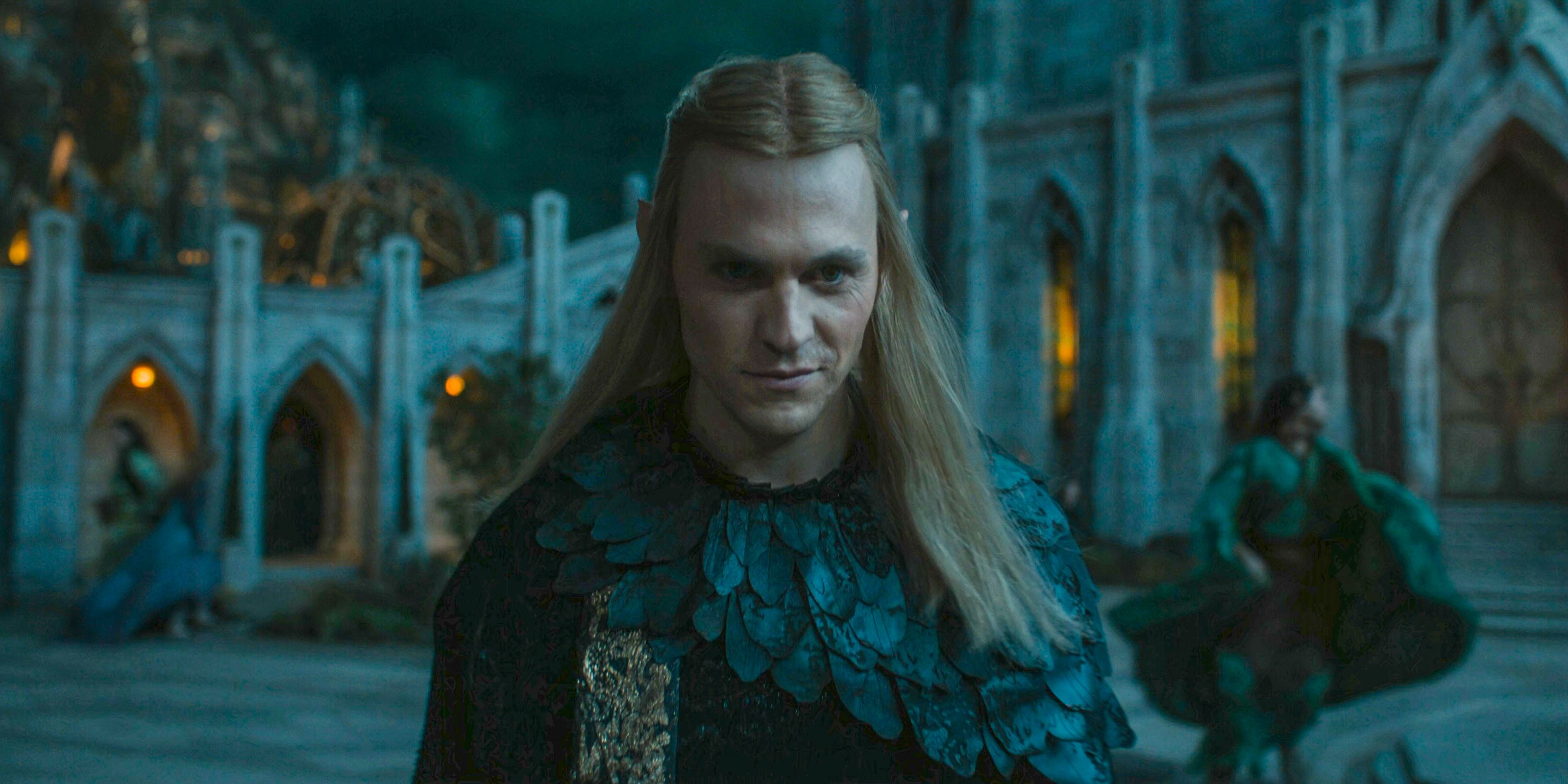
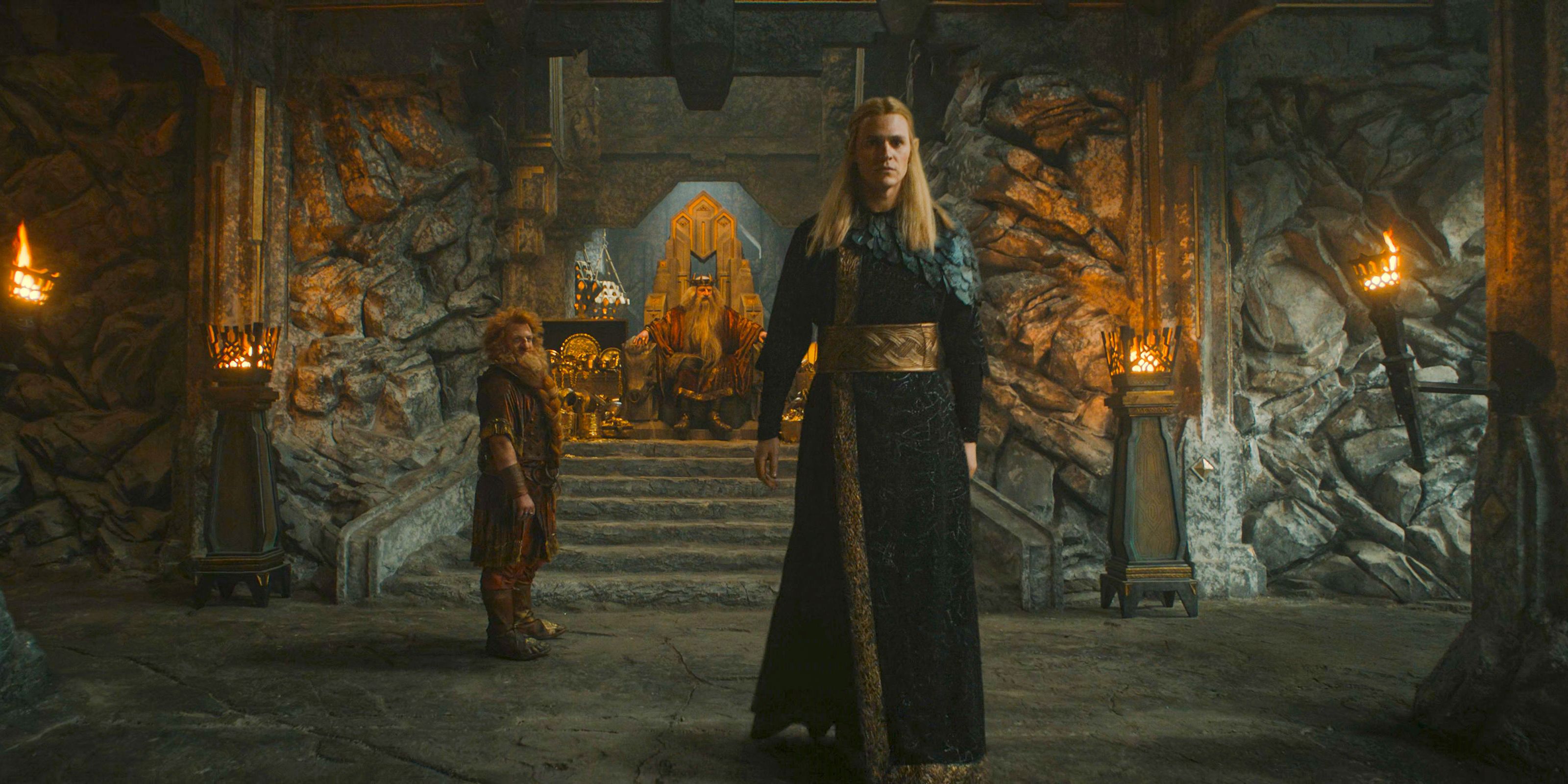





In and of itself, The Rings of Power is amazing, and anyone who complains about sets and costumes can’t watch any other fantasy show or movie and make such critiques with honest conviction. Amazon’s series is the most expensive TV show ever made, and it shows. It is fashionable, modern, and zeitgeisty, with its strong female lead and her intriguing dynamic with Tolkien’s villain. The problem is that those strengths sometimes contradict its source material, forming the basis for most of its backlash. Many detractors would love this show if it wasn’t a Tolkien adaptation.
The show keeps you guessing with its Tolkien boundary-pushing; Galadriel and Halbrand’s connection would be painfully predictable if it wasn’t tied to Tolkien’s source material. The constant conflict between faithfulness and originality keeps you on your toes, making the show surprising and compelling. I enjoy the show as it is, but more than anything, I would like a Tolkien adaptation that finally hits the nail on the head. Meanwhile, the show shines in its original content, so I know how innovative these screenwriters could be on this budget, if liberated from source material. I would love whatever that show would be.
The Rings Of Power’s Biggest Criticisms Are About Changing Tolkien Canon
Most Rings Of Power Complaints Come Down To One Thing

Critics of the show throw lots of arguments around, but the vast majority of them come down to one thing: that the show is unfaithful to Tolkien’s books. However, very few people understand what a faithful Tolkien adaptation actually is. Rings of Power’s source material is not clearly or easily adaptable, which doesn’t mean that adapting it isn’t worthwhile. It simply means that the outcome will always be highly subjective. What is true is that the show occasionally strays from “the core of the original,” and I believe it could refine this without compromising on good TV.
In a 1951 letter to Milton Waldman, Tolkien assessed failure in adaptations as coming down to “not perceiving where the core of the original lies.”
I liked Rings of Power season 2, but it compromised between faithfulness and drama. Tolkien said the “real theme” of Lord of the Rings was “death and immortality.” As a longtime fan, I want three things: The Rings of Power renewed continuously but cutting content superfluous to this theme, another adaptation that focuses on Tolkien’s real theme, and a show that isn’t trying to be LotR. I want this cast, this crew, and this budget to serve an original fantasy drama that commits to its disruptive ideas — so basically, Rings of Power if it wasn’t a LotR show.
Being Compared To The Source Material Makes The Rings Of Power Look Worse
Rings Of Power Exemplifies The Difficulty With Tolkien Adaptations
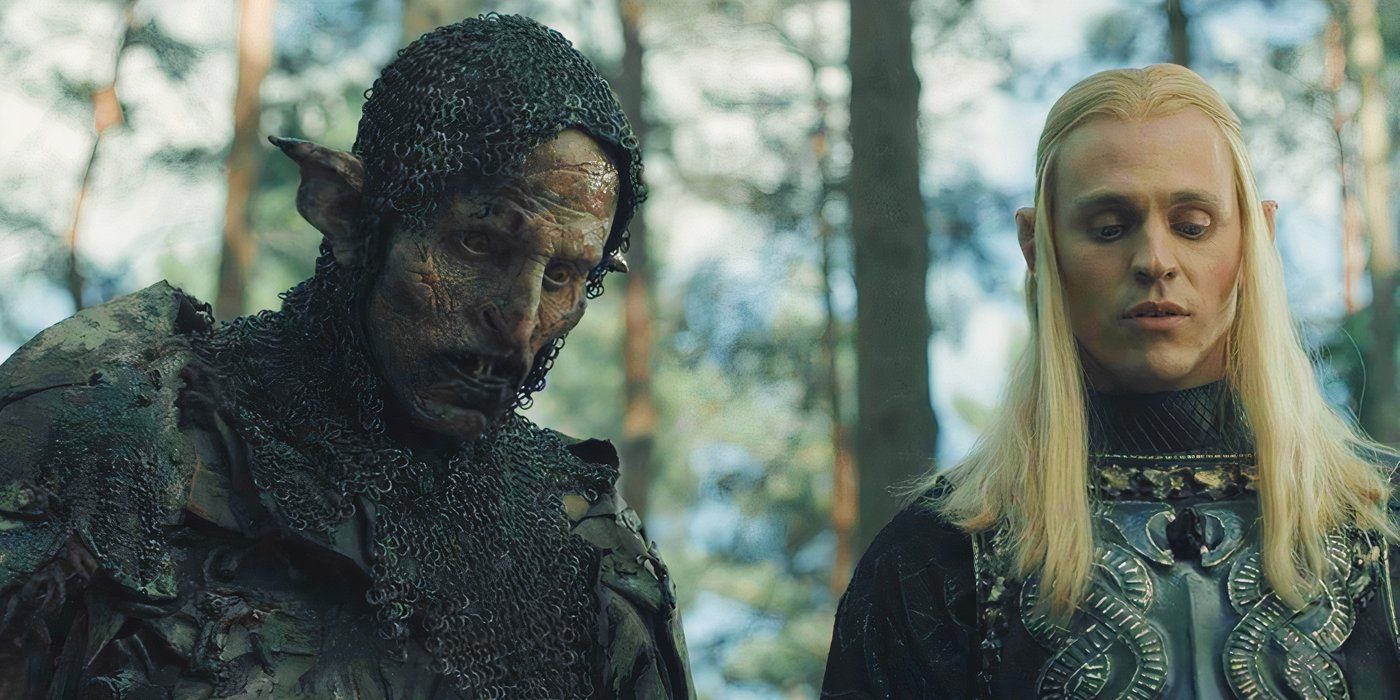
The Rings of Power is very misunderstood, suffering from comparison to its source material when, often, there is no comparison to be made. In reality, comparing The Rings of Power to the books is only useful to a certain extent. Adaptations “cannot be wholly different” from their source material, as Tolkien himself asserted. But The Rings of Power will be more different from its source material than the vast majority of adaptations. Its source material is not a novel; it is an archaic collection of short stories, long stories, poems, timelines, family trees, and essays.
The Rings of Power has full rights to The Hobbit and The Lord of the Rings and has been securing one-off rights to other texts as needed.
However, we must hold the show accountable as a faithful adaptation, and we can by holding it up against Tolkien’s key theme. For instance, Galadriel’s revenge arc didn’t embody this theme, making Rings of Power look worse. But while the show remains so misunderstood, conflicting and nonsensical demands from show and book fans need not be Payne and McKay’s concern. They should focus on emphasizing how the characters’ inner conflicts in Rings of Power season 3 swing between mortality and immortality. Then, they should take this sharpened focus and apply it to a new fantasy show, untethered to LotR.
The Lord Of The Rings Means It’s Easier To Be Cynical About The Rings Of Power
The Show’s Adaptation Status Makes Cynicism Easy
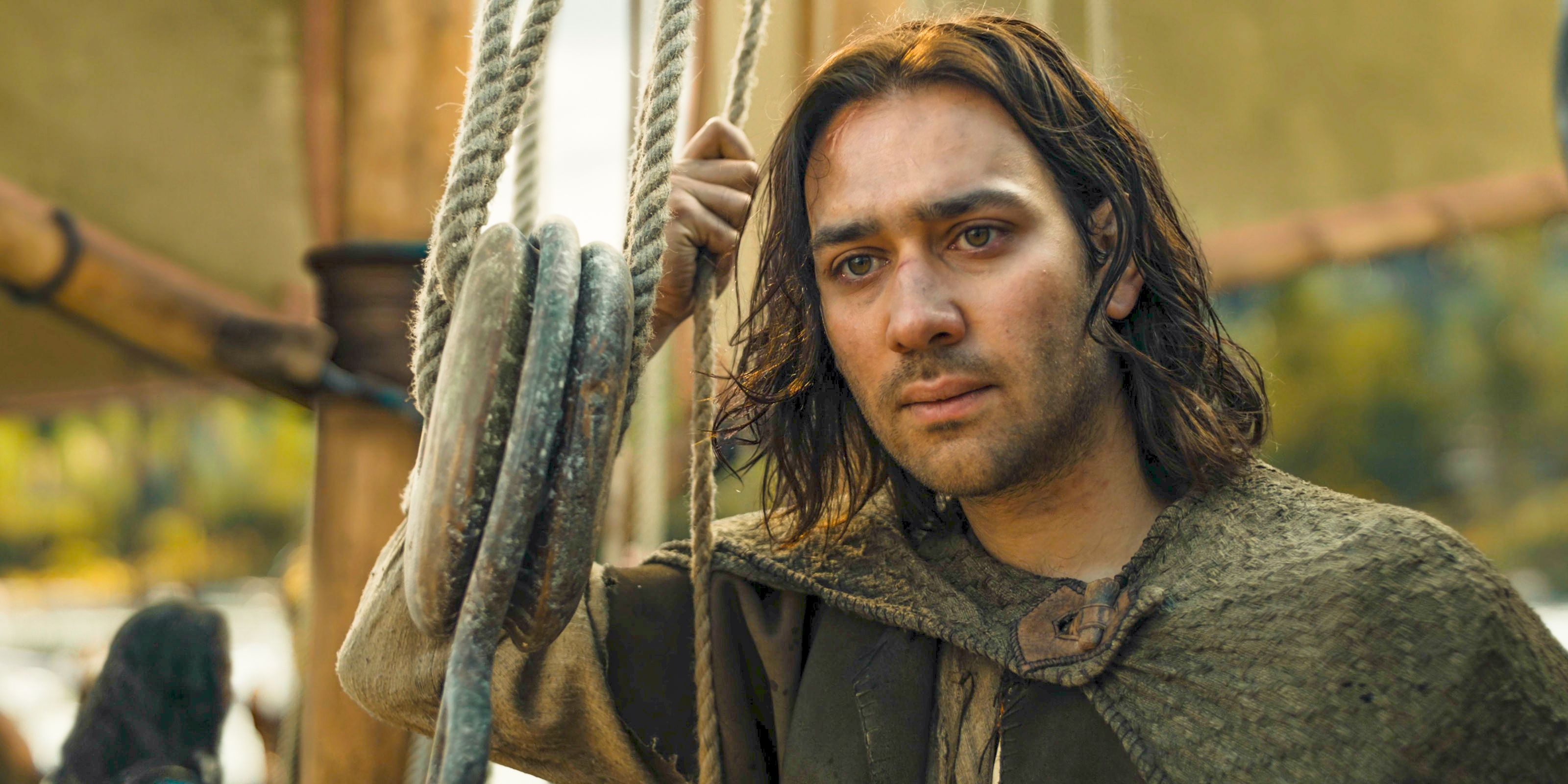
The Rings of Power invites cynicism, being based on such widely loved books. Many people can compare the show to its source material, although not many can do it well. Regardless of the validity of the feedback on the show, it coalesces into a wider online conversation of a temperature that isn’t as positive as it could be. Even despite that, The Rings of Power is amassing tens of millions of viewers worldwide and spiking Tolkien book sales every season (via Amazon Best Sellers). I’m eager to see what this team can accomplish with no restrictions.
…a show just like The Lord of the Rings: The Rings of Power would be welcome as an original venture, given the opportunity to develop independently…
The Rings of Power fully exemplifies the difficulties of adapting Tolkien. If it wasn’t a Lord of the Rings adaptation, lots of viewers would probably relax into characters like The Rings of Power’s Harfoots and enjoy them for their innocent fun, rather than calling out their distinct absence from the Second Age in the books. Whether or not viewers’ criticisms of the show’s faithfulness make sense, I’m sure that a show just like The Lord of the Rings: The Rings of Power would be welcome as an original venture, given the opportunity to develop independently. I hope some form of it happens.

